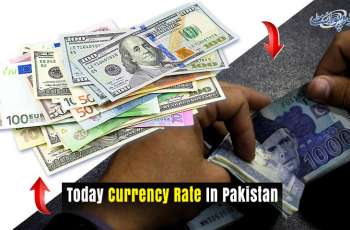Any Russian decision to hedge oil and gas revenues will strengthen the country's negotiating position within OPEC+, Dmitry Marinchenko, head of the group for natural resources and commodities at the Fitch credit rating agency, told Sputnik on Friday
MOSCOW (Pakistan Point News / Sputnik - 24th July, 2020) Any Russian decision to hedge oil and gas revenues will strengthen the country's negotiating position within OPEC+, Dmitry Marinchenko, head of the group for natural resources and commodities at the Fitch credit rating agency, told Sputnik on Friday.
On Wednesday, Bloomberg reported that Russia was considering hedging its oil and gas revenues in a bid to protect against lower prices. The portal claimed that the Russian Finance Ministry opposes the initiative, but Russian President Vladimir Putin on Thursday tasked the government with exploring the possibility.
"Hedging can strengthen Moscow's negotiating position [in OPEC+], although it is unlikely to allow Russia to painlessly withdraw from the alliance," Marinchenko said.
Mexico has utilized a similar system for the past two decades, which Bloomberg said may help the government recoup as much as $6 billion this year amid the global oil price crash.
According to Marinchenko, hedging oil and gas revenues is most cost-effective when the process is enacted at a time of high prices.
"It is more profitable to hedge in a high-price environment. For example, at a price of $80 per barrel. The insurance against a price drop below $30 would cost significantly less than now," the Fitch analyst said, adding that the cost of insuring 5 million barrels per day above a $30 floor may cost from $2.5 billion to $3 billion annually.
As of Friday afternoon, Brent crude oil is trading at just over $43 per barrel, and Russian Energy Minister Alexander Novak said on July 15 that the oil market was looking stable.
Amid a global fall in oil prices, OPEC+ nations agreed in April to a historic output reduction deal to run through April 2022. Since May, the organization has been cutting output by 9.7 million barrels daily, although these cuts are expected to be eased to 8.1-8.2 million barrels per day from August.




